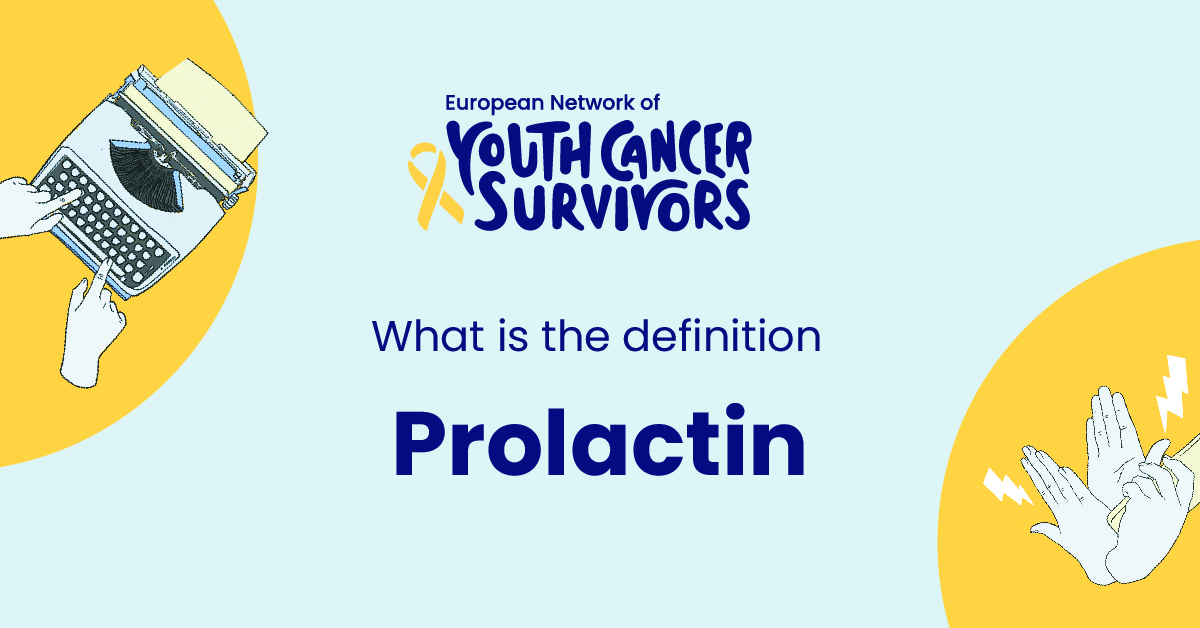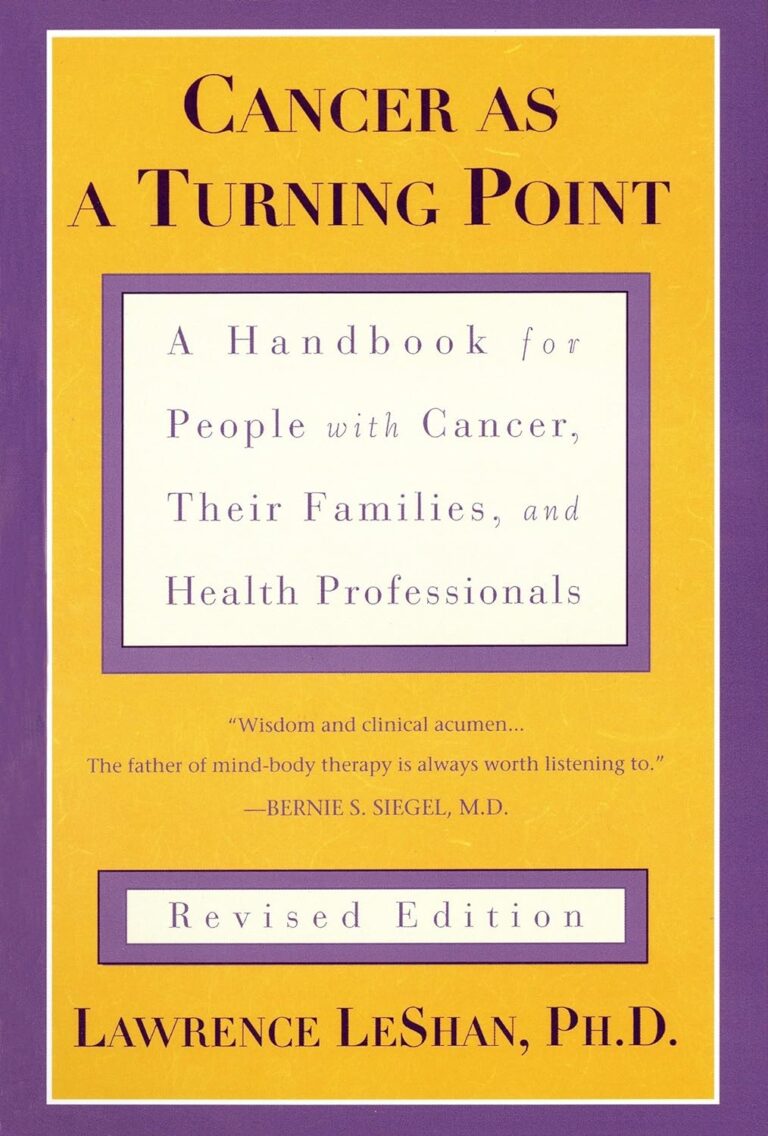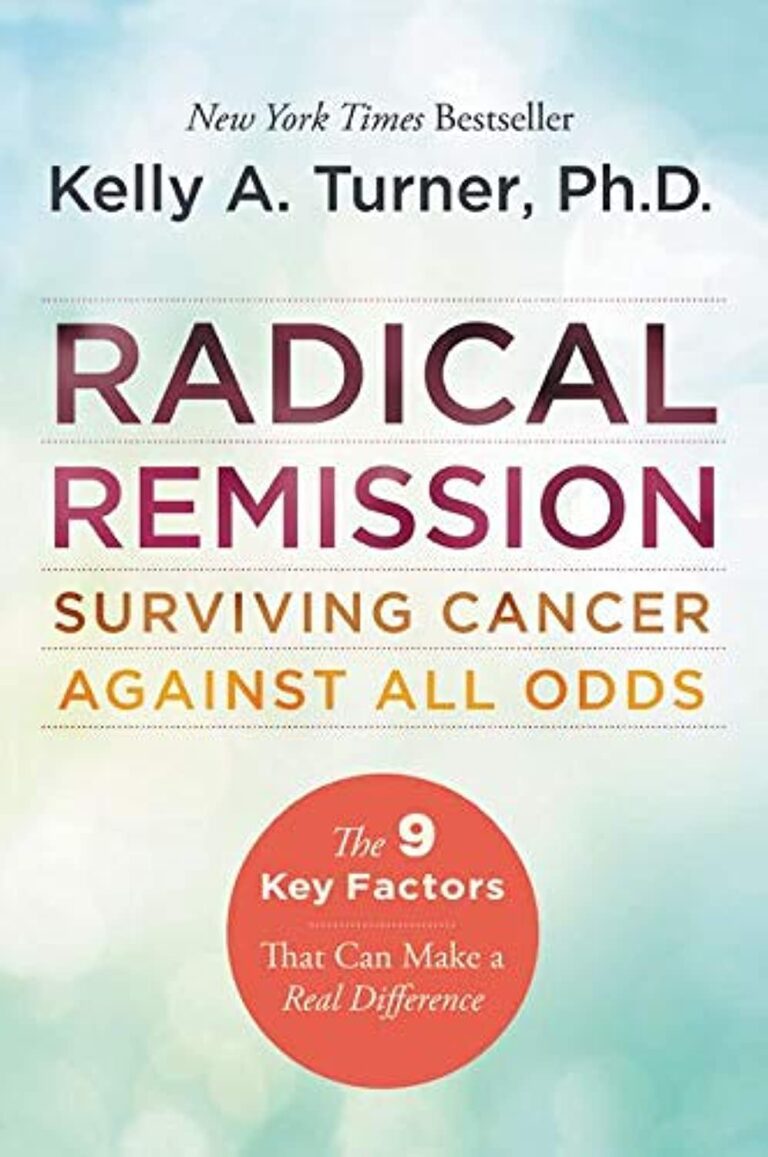
The human body’s harmony hinges significantly on the appropriate balance and interaction of various hormones. One such hormone that plays a critical but often overlooked role is Prolactin. This article aims to shine a spotlight on this hormone, explaining its roles, how it is regulated, its connection with reproduction, and disorders related to its abnormal levels. Understanding Prolactin is essential because it impacts several significant biological functions, influencing human health and happiness.
An In-depth Examination of Prolactin
What exactly is Prolactin? – The Basic Definition
Prolactin is a protein hormone predominantly secreted by the anterior pituitary gland. It has received considerable attention because of its importance in lactation and other biological functions.
The biological role and function of Prolactin
Prolactin serves numerous functions in various vertebrates. However, its primary purpose in humans is to stimulate milk production (lactation) in women after childbirth. Additionally, it aids in regulating the immune system and metabolism, hence playing a broad physiological role.
Prolactin’s connection to the endocrine system
The endocrine system encompasses glands and hormones, including Prolactin, that regulate numerous body functions. Prolactin functions as an endocrine hormone once released into the bloodstream, impacting the breasts and other organs directly or indirectly involved in lactation.
Production and Regulation of Prolactin
The source of Prolactin production – Pituitary Gland
Specific cells known as lactotrophs, located in the anterior portion of the pituitary gland, produce Prolactin. Upon receiving signals, these cells secrete this hormone into the bloodstream.
Factors that influence Prolactin secretion
Several factors can enhance or suppress Prolactin secretion. Pregnancy, breastfeeding, stress, and certain types of medications can stimulate its production. Conversely, dopamine, a brain chemical, generally inhibits its secretion by lactotroph cells.
The role of dopamine in regulating Prolactin levels
Dopamine functions as a prolactin inhibitory factor. It curtails Prolactin secretion by binding to specific receptors on lactotroph cells. Any disruption in the supply of dopamine can result in increased Prolactin levels.
Prolactin and Reproduction
Prolactin’s crucial role in breastfeeding
Prolactin is pivotal for women during breastfeeding. It stimulates the mammary glands to produce milk, thereby fulfilling the infant’s nutritional needs. Elevated levels of Prolactin may inhibit ovulation, acting as nature’s way of birth spacing.
The relationship between Prolactin and menstrual cycle
Prolactin’s effects extend to menstrual cycle regulation, with its levels generally fluctuating throughout the menstrual cycle. Imbalances in Prolactin can lead to irregular periods or even absence of menstruation (amenorrhea).
How Prolactin impacts male fertility
Despite popular association with female reproduction, Prolactin also impacts male fertility. High Prolactin levels can adversely affect testosterone, contributing to fertility problems in men, including decreased libido and impotence.
Get to know us better
If you are reading this, you are in the right place – we do not care who you are and what you do, press the button and follow discussions live

Disorders Related to Prolactin
Prolactinoma – The most common Prolactin related disorder
Prolactinoma, a benign tumour in the pituitary gland, results in excessive Prolactin production. Although generally harmless, it can cause infertility and other symptoms in both genders. It’s the most common type of hormone-producing pituitary tumour.
Symptoms and health implications of high Prolactin levels
High Prolactin levels (hyperprolactinemia) can manifest various symptoms. In women, these include irregular periods, loss of libido, and difficulty conceiving. In men, symptoms can be decreased libido, erectile dysfunction, and infertility. High Prolactin levels can also cause bone loss if left untreated.
Management and treatment options for Prolactin disorders
Treatment for hyperprolactinemia depends on the cause but commonly involves medications to lower Prolactin levels. In some instances, surgery or radiation therapy may be warranted. Lifestyle changes, like reducing stress and maintaining a healthy diet, can also help regulate levels.
Conclusion
Understanding the effects and importance of Prolactin’s balance is crucial in maintaining overall health. From lactation to male fertility, the functions of this hormone extend beyond what one may typically consider. Therefore, any unusual symptoms should not be dismissed without investigation, as they could reflect an imbalance in Prolactin levels.
FAQs
- What does an increase in Prolactin levels indicate?
An increase in Prolactin levels can signal a variety of conditions, such as hypothyroidism or a benign pituitary tumour (prolactinoma). Certain medications, stress, and pregnancy can also cause elevated Prolactin levels.
- How can one naturally regulate Prolactin levels?
Maintaining a healthy lifestyle can help regulate Prolactin levels naturally. This includes getting plenty of sleep, exercising regularly, managing stress effectively, and following a balanced diet.
- Can high Prolactin levels result in weight gain?
Yes, High Prolactin levels can cause weight gain. This is because excess Prolactin can cause an imbalance in other hormones, such as estrogen and progesterone, leading to weight gain.
- What is the connection between Prolactin and pregnancy?
Prolactin plays a critical role in pregnancy and post-childbirth. It helps prepare the breasts for lactation and then maintains the production of breast milk throughout breastfeeding. Additionally, high Prolactin levels during breastfeeding can also act as a natural contraceptive.
- Are there any dietary changes that can help manage Prolactin levels?
Yes, certain dietary changes can support healthy Prolactin levels. These include consuming ample proteins, vitamin B6, and zinc-rich foods. Avoiding excessive intake of alcohol and caffeine can also help maintain Prolactin levels.

















Comments
Thank you. Comment sent for approval.
Something is wrong, try again later